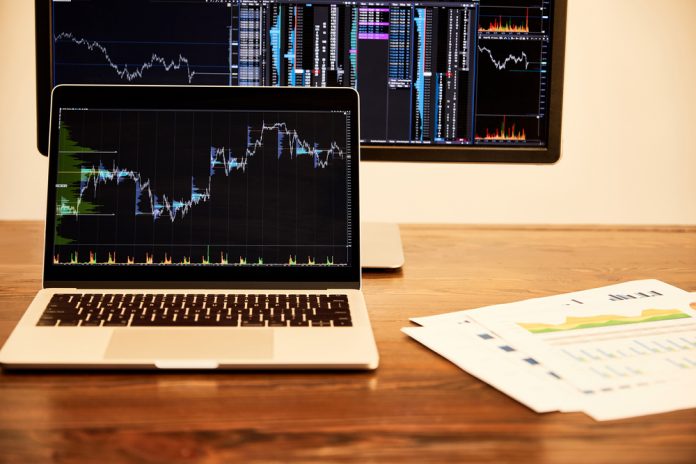When it comes to becoming a successful financial market trader, diversification remains one of the key weapons in your armoury. However, it’s also important to distinguish between different markets and asset classes, as this enables you to focus your portfolio and invest your capital as wisely as possible.
For example, there are numerous differences between forex and stock trading, both in terms of their respective market volumes, accessibility and underlying levels of liquidity.
In this post, we’ll appraise the primary differences between forex and stocks, while asking which option is most suited to individual risk outlooks.
1. Daily Trading Volumes
In the US alone, the total value of the stock market is estimated to be in the region of $34 trillion.
However, the global market is dwarfed in size by the foreign exchange, which has a staggering estimated worth of $1.934 quadrillion.
This is quite a sizable difference, and one that’s reflected in currency daily trading volumes. More specifically, the forex market sees an estimated $6.6 trillion traded globally every single day, while the corresponding value for stocks is just $200 billion.
This has much to do with the derivative nature of currency and its margin-based nature, which makes it easier to assume short-term positions and profit from volatility.
2. Liquidity
This brings us neatly onto the topic of liquidity, which essentially refers to the ease with which a particular asset can be bought and sold in specific markets.
As we can see, the forex market boasts far higher levels of liquidity, as it’s possible to buy and sell currencies without assuming ownership of the underlying asset. Similarly, it’s relatively easy to buy and sell in a depreciating market, maintaining high levels of liquidity in all sorts of trading conditions.
Conversely, stocks are often traded physically and therefore suffer as a result of depreciation, as the demand in the market declines and certain assets become harder to sell.
3. Market Access
Of course, the trading volumes for these respective markets are also slightly disproportionate, with the foreign exchange open for 24 hours and across three geographical trading sessions.
Conversely, stocks are bought and sold in relatively restricted eight-hour markets, creating a smaller window in which assets can be traded.
With these points in mind, forex trading is ideally suited to the digital age, as investors can use online and mobile trading platforms to access their chosen markets in real-time. This creates far greater potential for profitability, even in less than favourable market conditions.
4. Variable Commissions
One of the main advantages of forex trading is that brokers typically charge no or minimal commission, enabling you to optimise your profitability and make the most of your starting capital.
On the other hand, brokers in the stock market tend to charge higher rates of commission, which either takes the form of a flat fee or a percentage of the overall transaction value.
The amount of payable commission is also impacted by the precise types of share that you trade. More specifically, trading shares that are listed on international exchanges is usually more expensive than domestic stocks, so you’ll need to keep this in mind when investing.
5. The Focus of the Market
We spoke earlier about diversification, and in this respect, there’s no doubt that the stock market offers an inherent advantage to traders.
The reason for this is simple; as the stock market boasts a relatively wide focus that takes in a host of growth industries and sectors, while it also includes a complete range of small, medium and large-cap equities.
Conversely, the forex market boasts a relatively narrow focus, as despite listing a wide array of major and minor currency pairings, it covers a restricted niche that offers minimal opportunity to diversify your assets.
Find a Home-Based Business to Start-Up >>> Hundreds of Business Listings.


















































servlogin. com/after-hours-trades After Hours Trade provides a haven for traders that enjoy trading stocks, but may have a time constraint. Whether a trader works 24/5 or has a 9 to 5 job, After Hours Trades presents a unique opportunity for stock fluctuations.